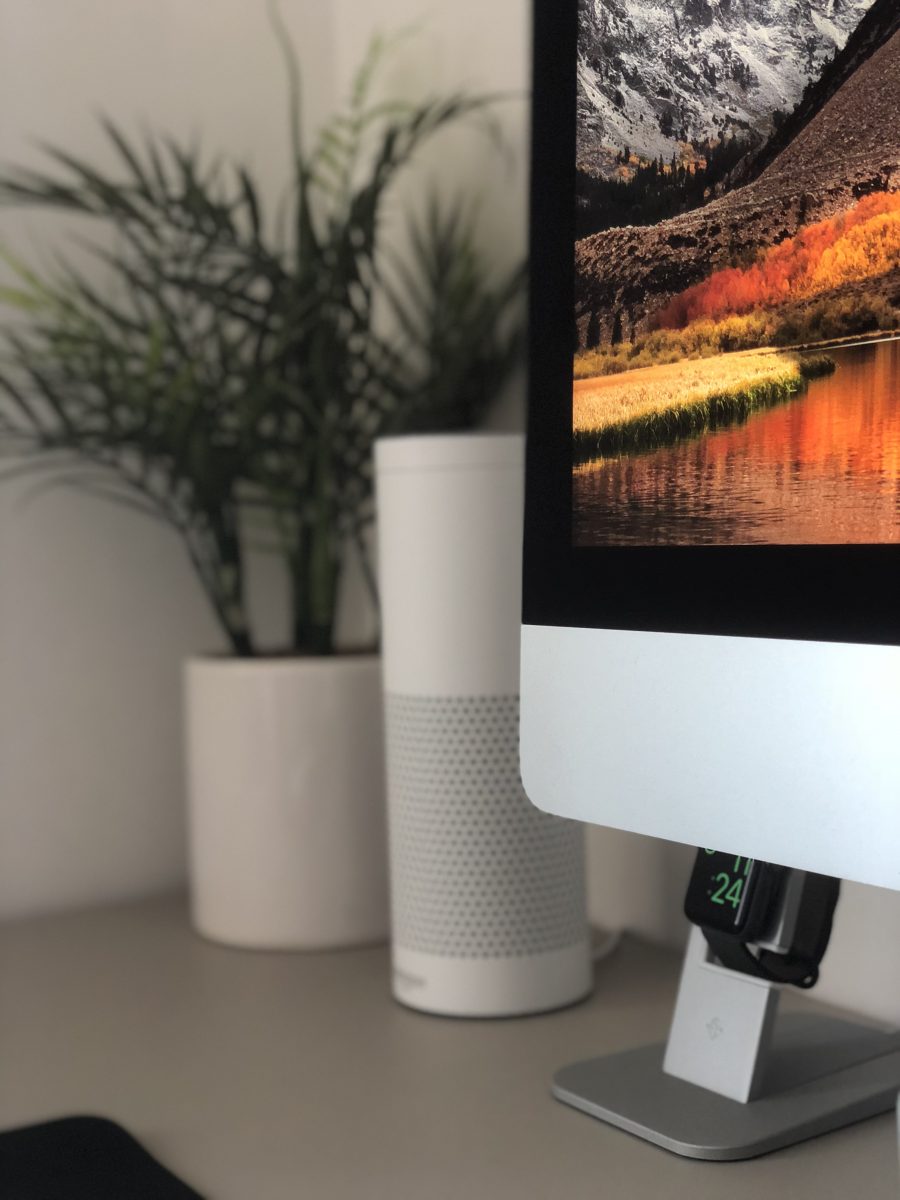Companies that use voice plus touch interactions with their products and services are actually seen as less trustworthy and less engaging by their users, according to new research from emlyon business school.
The research, conducted by Margherita Pagani, Director of the AIM Research Center on AI in Value Creation and Professor of Digital Marketing at emlyon business school, and colleagues from ESSCA School of Management and Florida State University, College of Business, analysed the impact and differences between ‘touch’ interaction and ‘touch and voice’ interaction on personal consumer engagement and brand trust.
The researchers created two separate experiments, focused on a utilitarian product and then a hedonic product, both of which had over 90 participants belonging to generation Y, which is commonly equipped with the latest smartphones and frequently use them for business interactions. For both experiments, participants had to interact with the brand using their smartphone including a phone call to the company to ask a specific set of questions.
One group was required to interact with the brand through the smartphone using a touch-only interaction, and the other used both touch and voice interaction – either Apple’s Siri or OK Google. After interacting with the company, participants were asked to rate their customer experience. The participant’s answers were then measured to evaluate personal engagement with the tasks, their level of trust with the brand and their privacy concerns.
The researchers found that participants who used the touch-only interaction experienced a much higher level of personal engagement with the brand compared to those who used the touch plus voice interaction.
Prof. Pagani says,
“Many companies have introduced new AI products that use voice-activation such as Amazon’s Alexa, Google’s Home Assistant or Apple’s Siri. These have been introduced in order to increase customer experiential engagement, stimulate the interaction and collect more data that allow to better personalise the experience through machine learning. However, our study shows that in the initial phase of adoption, adding voice recognition actually has the opposite desired effect. Even if voice may be considered as a way to develop a much more natural interaction, the level of cognitive efforts required to the brain using two sensory modes (voice and touch) are higher. Therefore, consumers find it harder to completely engage with the product and can easily be distracted”.
The researchers also found that participants who used the touch-only interaction felt as though they had more control over the information they shared and therefore had greater confidence in the brand. Users stated that they found it much simpler to input information using only one sensory method; touch.
“The lack of familiarity with how these digital voice interactions actually work is likely to be the reason as to why consumers are less trusting of brands that use both touch and voice. Whilst the use of touch also garners much more control for a consumer, as opposed to voice”.
The study, published in the ‘Journal of Interactive Marketing’ is the first of its kind to explore the effects of new voice-based interface modes on marketing relationships. Whilst technology multiplies the way that consumers can interact with brands, this study shows that too much interaction can actually harm a company, and offers managers guidance on how to increase personal engagement and brand trust.







